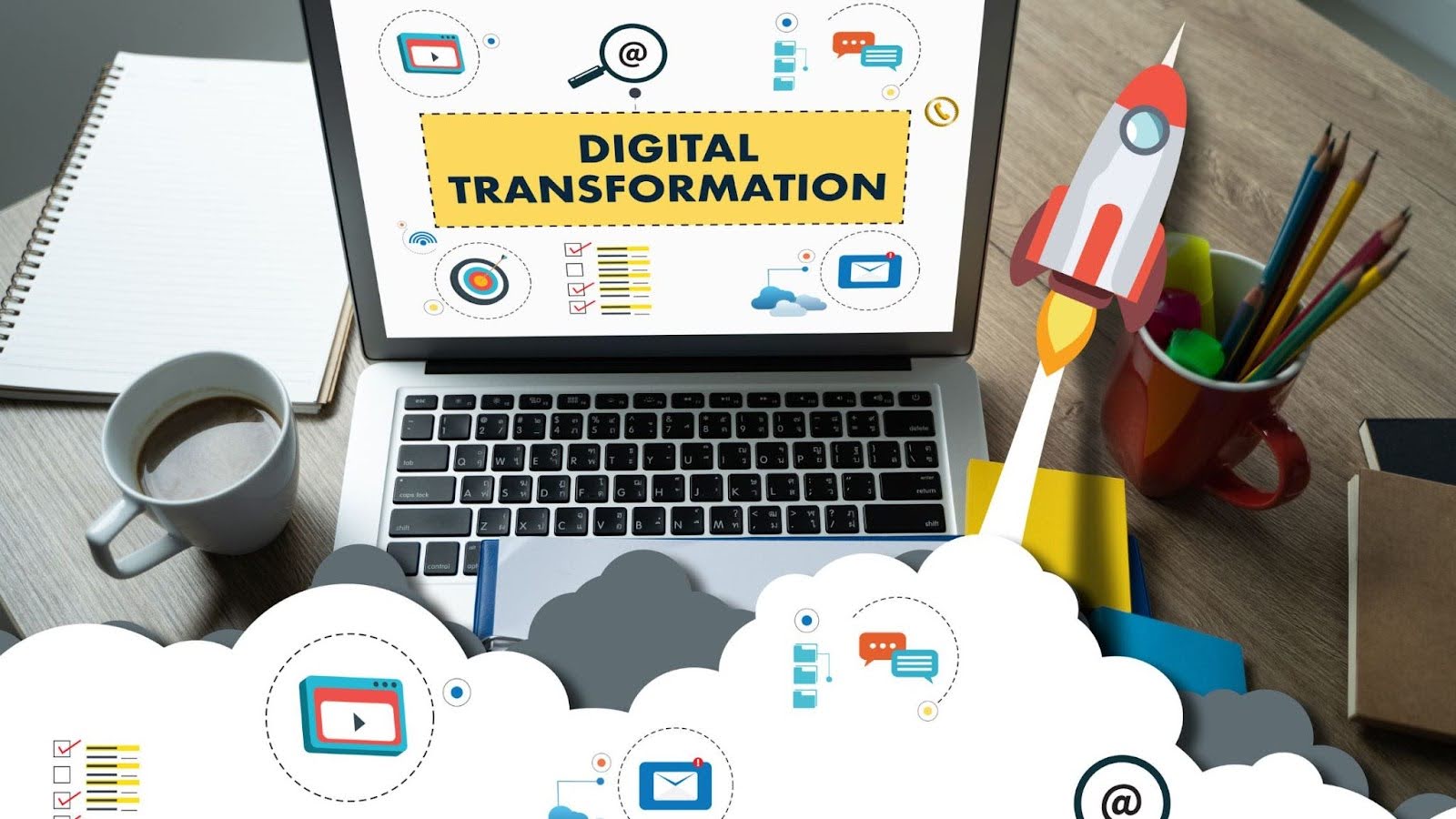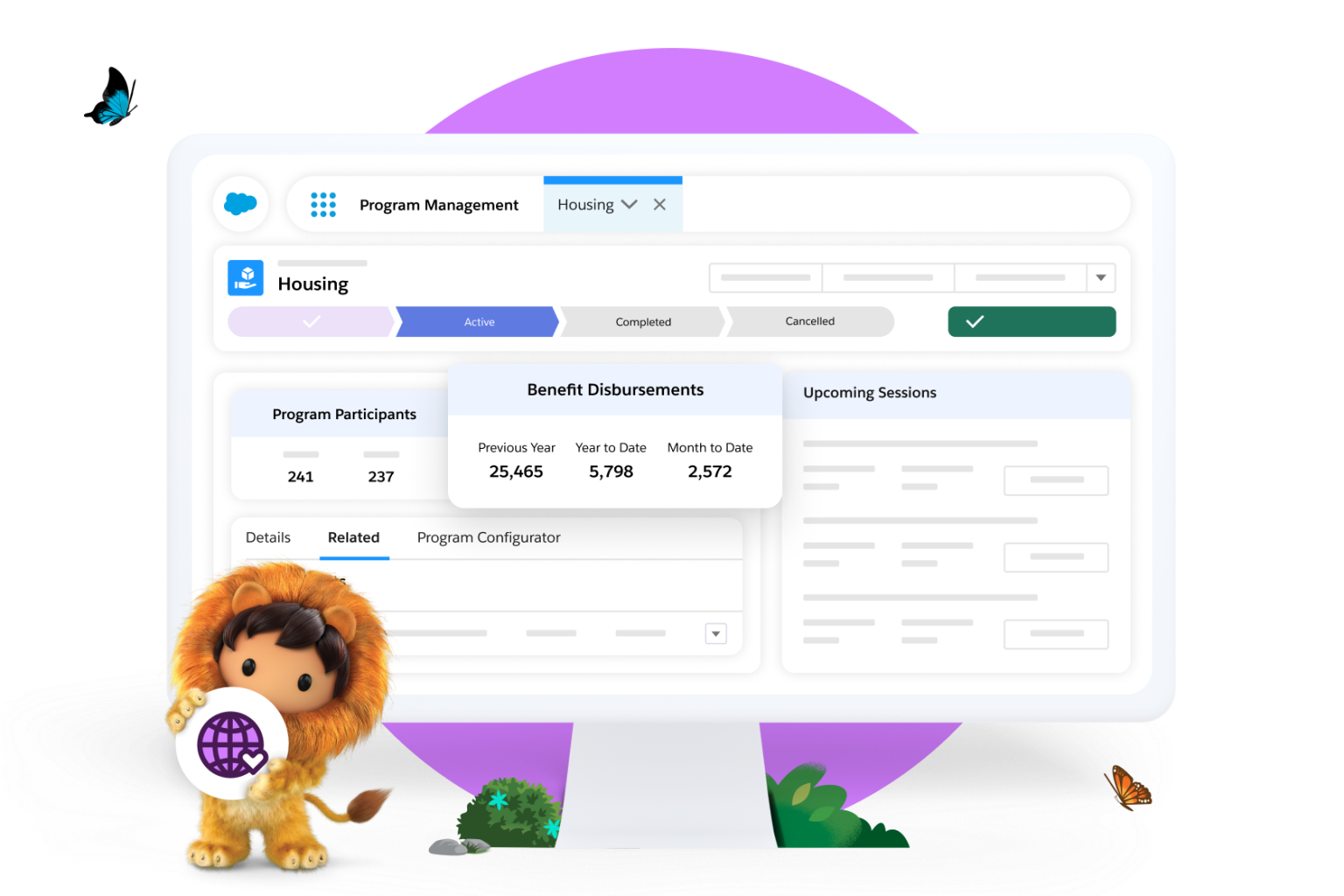If you believe data is just a byproduct of your operations, you are mistaken. Data is a critical asset today and can drive meaningful change in every known industry. The nonprofit industry is no exception. If you are an NGO or a nonprofit organisation, then developing an effective data strategy can be a good start to scale your impact. However, many NGOs that we know find it difficult to extract the full potential of their data due to two reasons:
- Resource constraints
- Lack of technical expertise
In this blog, we are going to help you with the latter challenge as we take you through some highly successful ways to navigate the complexities of data management and leverage it for successful nonprofit digital transformation.
Why is digital transformation important for NGOs?
Many of our nonprofit clients have asked us – “Why digital transformation for us?”. We gave them the following compelling reasons to undergo the same:
Better Outreach
If you want to increase awareness about your NGO and attract more donors and volunteers, digital transformation is one way to go about it. There are several digital transformation tools tailored to the nonprofit industry that can help connect with a broader audience. It could streamline your interactions via websites, social media, email campaigns, and so on. These tools create a conducive space for you to tell your stories and share impact updates in real-time. This ultimately helps build a deeper connection with your stakeholders.
Improved Efficiency
Digital transformation is all about automating routine processes. For a nonprofit, this could involve anything from donor management to volunteer coordination. After a successful digital transformation journey, you will experience reduced administrative overhead due to the automation of such subprocesses and allocate resources to the right areas that can drive your core mission.
Data-Driven Decision Making
Digital transformation equips you with advanced analytics tools to collect and act on data. This empowers you and your team to measure the impact of your programs and identify key areas for improvement. Ultimately, you will be able to make informed decisions that are backed by solid data. For example, predictive analytics can help you allocate resources more effectively to high-priority areas.
Increased Transparency and Accountability
Donors and stakeholders increasingly demand transparency about how their funds are being used. They also want to know how your outcomes are achieved. Digital transformation platforms make it easier for you to share reports and financial statements with them. They can also track impact metrics and use them to measure how close or far you are from your core mission.
Better Collaboration and Partnerships
There are n number of stakeholders involved in the proper functioning of an NGO. More often than not, these stakeholders are spread across geographies, making it very difficult for everyone to stay on the same page. With the help of digital transformation tools like project management software, video conferencing tools, and instant messaging platforms, NGOs can function as well-oiled machinery where stakeholders can collaborate and share information with great ease.
Scalability and Adaptability
Digital transformation enables your NGO to scale operations and adapt quickly to the changing needs of your programs. Whether responding to an urgent need of volunteers or launching a new campaign in a remote village, digital tools allow you to mobilise your resources and communicate effectively in real-time. For example, mobile apps and telecommunication technologies enable you to reach remote and underserved communities. Similarly, telehealth platforms allow healthcare-focused NGOs to provide medical support in areas lacking physical infrastructure.
Attracting Younger Donors and Volunteers
The younger generation of donors and volunteers is tech-savvy and expects organisations to engage them through modern digital platforms. By embracing digital transformation, you appeal to this specific demographic and secure their participation in future initiatives.
Steps to Develop an Effective Strategy for Nonprofit Digital Transformation
Here is a structured approach for you to develop an effective strategy for the digital transformation of your NGO:
Step 1: Set Clear Objectives
Start your digital transformation journey by defining its purpose or goal. Clear goals provide direction and allow your NGO to measure success effectively. Common objectives of nonprofit digital transformation include:
- Improving fundraising processes
- Enhancing communication with beneficiaries
- Streamlining operations.
Step 2: Build the Right Infrastructure
Invest in reliable, scalable digital tools and systems tailored to your precise needs. It could be one or more among cloud-based platforms, communication tools, and donor management systems. More importantly, the infrastructure you set up should align with your organisation’s size, budget, and long-term objectives.
Step 3: Data Collection and Management
Next, get access to systems for efficient data collection and storage. Subscribe to CRM platforms to manage donor relationships and beneficiary information. You can also use the same tool to track and manage project outcomes. A single source of truth for all such data eliminates miscommunication errors and demonstrates transparency to stakeholders.
Step 4: Governance and Compliance
Ensure that all your digital transformation tools and processes comply with relevant regulations such as GDPR or other local data protection laws. When you establish clear policies for data usage and privacy beforehand, you can not only protect your sensitive information beforehand but also avoid any penalties due to non-compliance.
Step 5: Establishing a Data-Driven Culture
Encourage your team members to embrace data in all their decision-making, even if it is a non-critical one. As the person responsible for the NGO, you must provide the necessary training for them and showcase how to analyse and interpret data. This proactiveness will ensure that all your strategies are backed by evidence rather than assumptions.
Step 6: Measuring and Iterating
Finally, don’t forget to track progress against your predefined KPIs. Use the insights derived from this data to adjust your strategies. Regular evaluations will help your NGO to identify areas for improvement and adapt to emerging technologies or changing stakeholder needs.
What is the Best Tool to Achieve Nonprofit Digital Transformation?
For NGOs, Salesforce Nonprofit Cloud stands out as an ideal tool to kickstart their digital transformation journey. It provides all the necessary features for donor management, program tracking, data analysis, and more to ensure that you do not need multiple tools to achieve digital transformation. Also, with built-in compliance features and the ability to integrate with other systems, Salesforce Nonprofit Cloud reduces your dependence on external agencies or developers to set up and maintain the system.
Partnering for Success: Collaborating with Tech Providers
Collaborating with tech providers will ensure that your digital transformation journey is smooth. These experts will leverage the right tools and strategies to meet your NGO’s unique needs. They can also provide the necessary guidance on adopting advanced solutions like Salesforce Nonprofit Cloud, which is specifically designed to address the challenges faced by nonprofits. We are Brysa, the UK’s leading Salesforce expert, who can help your NGO seamlessly implement Salesforce Nonprofit Cloud. We will empower your nonprofit organisation to achieve its mission more efficiently and make a greater difference in the communities you serve. Contact us to know more or check out how we helped National Family Mediation, a nonprofit, in achieving successful digital transformation.



